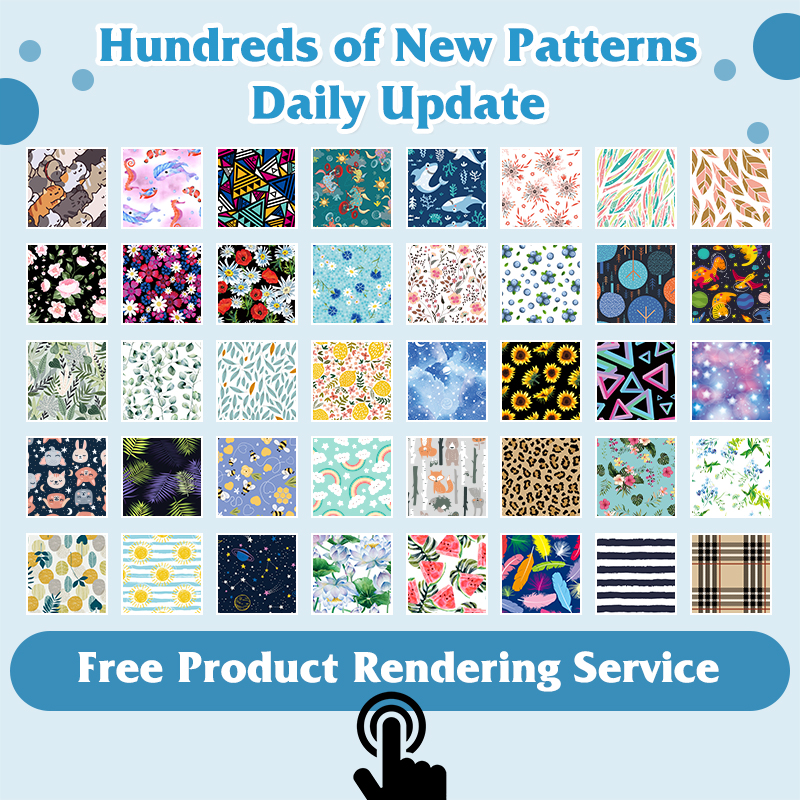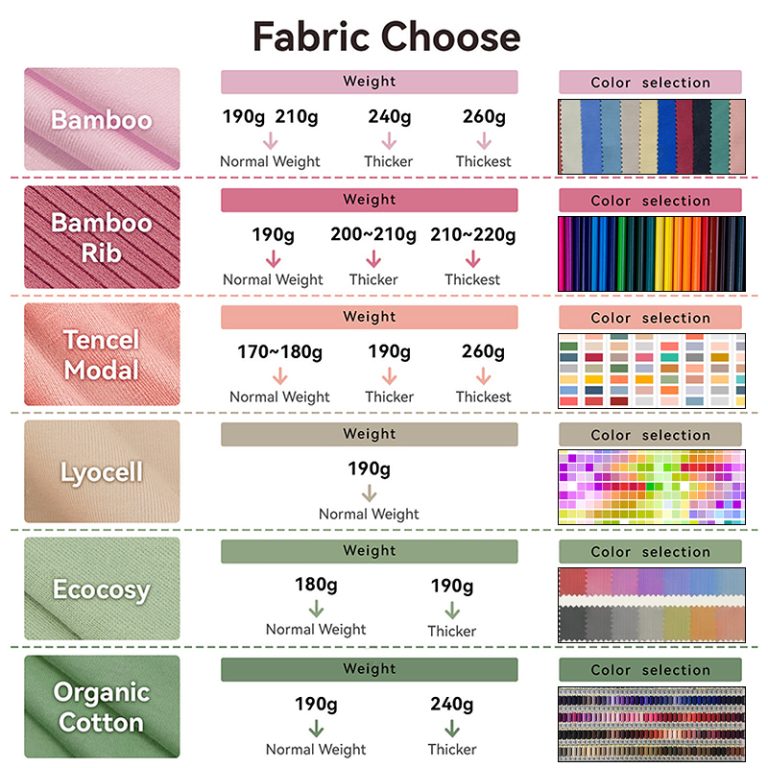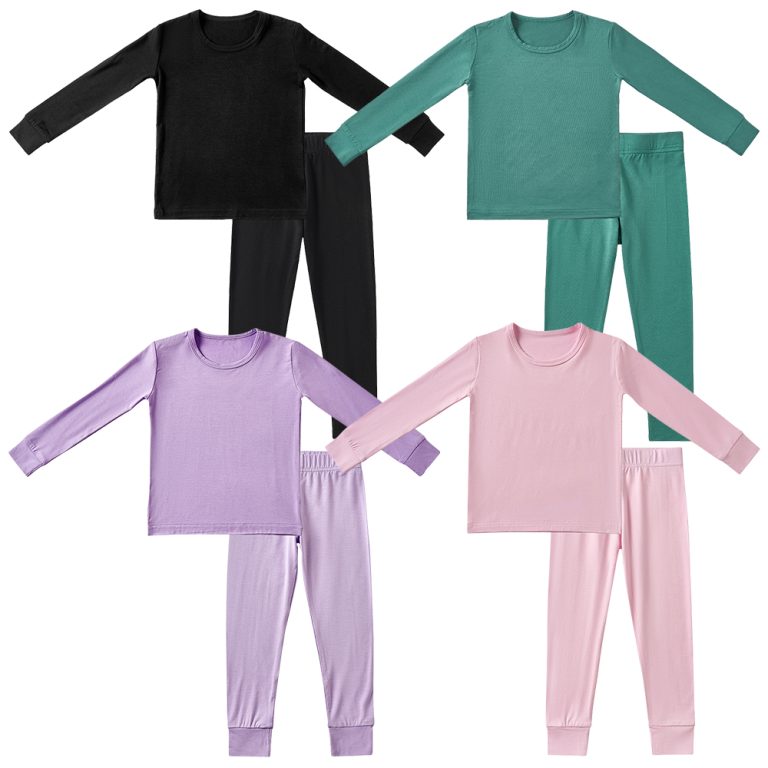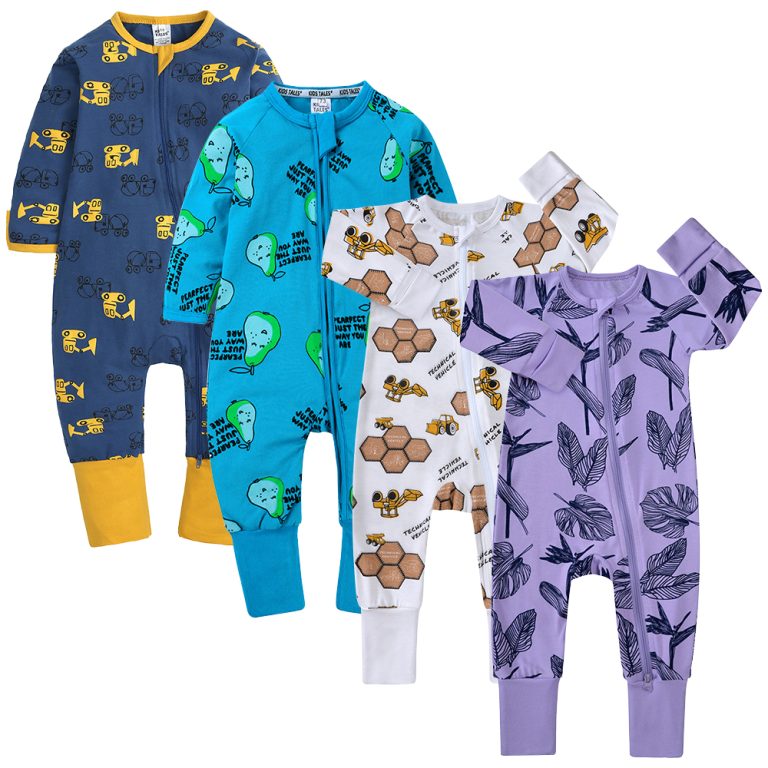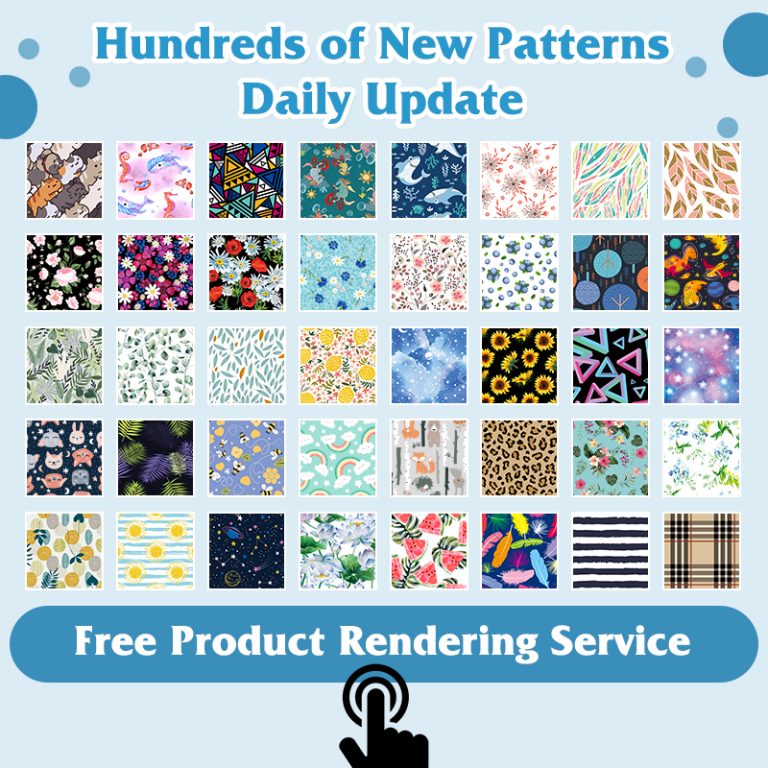RoHS Certification rts mystery bundle bamboo pajama bamboo zippy christmas bamboo Top-Tier Chinese Manufacturers
# RoHS Certification and the Bamboo Textile Industry: A Look into Top-Tier Chinese Manufacturers
The world of textiles has evolved significantly over the last several decades, embracing sustainability and eco-friendliness in response to global environmental concerns. Among the materials gaining attention is bamboo, celebrated for its softness, durability, and sustainable growth. When it comes to the production of bamboo fiber products such as pajamas, zippies, and seasonal items like Christmas apparel, China continues to be a leading manufacturer. However, alongside production, certification remains pivotal, with RoHS (Restriction of Hazardous Substances) certification being a crucial aspect for manufacturers, particularly in Europe. This article delves into the intricacies of bamboo fiber, the importance of RoHS certification, factory operations, and the seasonal application of bamboo products in Chinese manufacturing.
Understanding Bamboo Fiber
Bamboo fiber has gained popularity for its eco-friendly profile and impressive qualities. Derived from the pulp of bamboo plants, it offers a range of benefits that position it as a preferred material in the textile industry. Bamboo grows rapidly without the need for pesticides or fertilizers, making it a sustainable and renewable resource.
When transformed into fiber, bamboo delivers a silky texture, breathability, and natural antibacterial properties. These attributes make it ideal for comfortable clothing items such as pajamas and zippies, which require a balance of softness and resilience. Furthermore, bamboo fiber’s hypoallergenic nature makes it suitable for sensitive skin, a key consideration for manufacturers catering to diverse consumer needs.
The Importance of RoHS Certification

Hollow fibers
RoHS certification is predominantly known for its application in electronics, but its principles extend to various industries, including textiles. The RoHS directive is primarily a European Union regulation that restricts the use of specific hazardous substances. For textile products, gaining RoHS certification enhances their appeal in international markets by ensuring they are free from chemicals like lead, mercury, and cadmium.

No pilling
For Chinese manufacturers producing bamboo-based products, achieving RoHS compliance underscores their commitment to environmental responsibility and consumer safety. As consumer awareness increases, the demand for certified products grows. RoHS certification thus serves as a quality marker, assuring buyers of the product’s adherence to stringent safety and environmental standards.
Manufacturing Excellence in Chinese Factories
Chinese factories producing bamboo fiber products are recognized for their advanced manufacturing capabilities and high production standards. With a rich history in textile innovation, these factories leverage state-of-the-art technology to produce high-quality bamboo textiles efficiently.
Production processes are continuously optimized to minimize waste and energy consumption, aligning with global sustainability goals. Rigorous quality checks at each stage of production ensure that the final products meet both domestic and international standards. Additionally, manufacturers often engage in research and development to enhance the properties of bamboo textiles further, introducing innovations that improve comfort and durability.
Seasonal Use of Bamboo Products
One of the captivating aspects of bamboo textiles is their versatility. While bamboo pajamas and zippies are popular year-round due to their comfort and breathability, seasonal offerings like Christmas-themed bamboo apparel highlight the material’s adaptability.
During the holiday season, manufacturers capitalize on bamboo’s inherent thermal-regulating properties, ensuring that festive clothing provides warmth without compromising on comfort. The natural sheen of bamboo fibers also lends a luxurious feel to holiday collections, making them appealing choices for gifting.

5,000 cycles
Furthermore, the hypoallergenic nature of bamboo is particularly advantageous during colder months when skin tends to be more sensitive. As consumers seek cozy, skin-friendly garments for themselves and as gifts, bamboo products are positioned as a desirable option.
Future Outlook for Bamboo Manufacturing
As sustainability and environmental consciousness continue to drive consumer trends, the future of bamboo manufacturing appears promising. Top-tier Chinese manufacturers are likely to expand their product lines, exploring new applications for bamboo fibers beyond traditional clothing.
Investment in innovative production techniques and adherence to international certifications such as RoHS will further cement their position in the global market. Through continuous improvement and adaptation, these manufacturers are poised to meet the evolving demands of eco-conscious consumers who prioritize both style and sustainability in their purchases.
In conclusion, RoHS certification plays an integral role in the success of bamboo textile manufacturing, adding a layer of trust and quality assurance that appeals to global consumers. As Chinese manufacturers continue to excel in this domain, the potential for bamboo products in both everyday and seasonal contexts remains vast, offering an exciting glimpse into a sustainable future.

